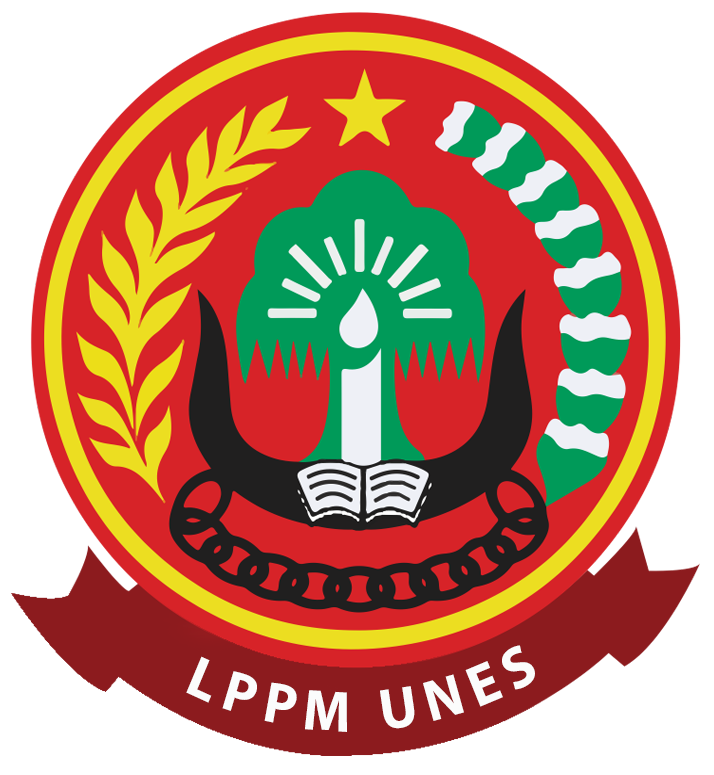CONTRIBUTION OF LEARNING INTEREST AND THE LEARNING ENVIRONMENT TO STUDENT LEARNING OUTCOMES IN ECONOMIC LESSONS AT SMA EKASAKTI PADANG
DOI:
https://doi.org/10.31933/jige.v1i1.535Keywords:
Interest in learning, Learning Environment, Learning OutcomesAbstract
This research is motivated by the not yet optimal learning outcomes in the Economics subject of class XI Social Sciences SMA Ekasakti Padang, where some students get learning outcomes below the minimum completeness criteria, namely 78 with a range of 0 - 100. The purpose of this research is to reveal the contribution of interest in learning and the learning environment. on student learning outcomes in economic subjects at SMA Ekasakti Padang. This type of descriptive correlational research. The results showed: (1) Interest in learning contributed 21% to learning outcomes; (2) the learning environment contributes 47.6% to learning outcomes; and (3) the percentage contribution of interest variables (X1)and learning environment (X2)together to student learning outcomes (Y) is 50.3%. This shows that the better the interest and learning environment, the better student learning outcomes will be.
References
[2] Nana Sudjana. (2009). Penilaian Hasil Proses Belajar Mengajar. Bandung: Remaja Rosdakarya Offset.
[3] Ngalim Purwanto. (2006). Ilmu Pendidikan, Bandung : PT Remaja Rosdakarya
[4] Oemar Hamalik. (2008). Proses Belajar Mengajar. Jakarta: PT. Bumi Aksara.
[5] Riduwan. (2008). Belajar Mudah Penelitian Untuk Guru-Karyawan dan Peneliti Pemula. Bandung : Alfabeta.
[6] Semiawan. (2009). Penerapan Pembelajaran Pada Anak. Jakarta: PT Indeks.
[7] Slameto. (2010). Belajar dan Faktor-faktor Yang Mempengaruhinya. Jakarta: Rineka Cipta.
Downloads
Published
How to Cite
Issue
Section
License
Authors who publish their manuscripts in this journal agree to the following conditions:
Copyright in each article belongs to the author.
- The author acknowledges that Journal International on Global Education (JIGE) has the right to be the first to publish with a license Creative Commons Attribution 4.0 International (Attribution 4.0 International (CC BY 4.0).
- Authors can submit articles separately, and arrange the distribution of non-exclusive manuscripts that have been published in this journal to other versions (for example, sent to the author's institutional repository, publication in books, etc.), by acknowledging that the manuscript has been published for the first time in Journal International on Global Education (JIGE).
























